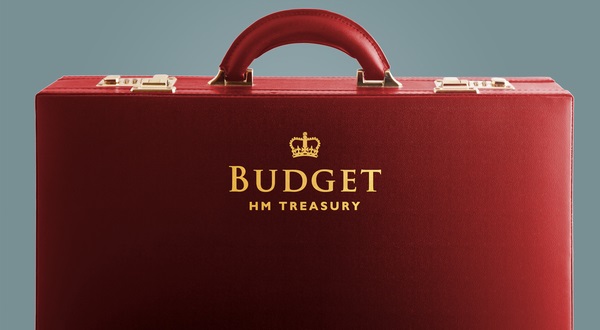The latest reduction follows a cut from 12% to 10% announced at the Autumn Statement last year.
Chancellor Jeremy Hunt has announced a 2 percentage point cut to the the main rate for employee National Insurance from 10% to 8%.
The move to take another 2p off the Class 1 rate, expected to cost the government around £10 billion, doubles down on the cut from 12% to 10% announced at the Autumn Statement and enacted in January.
Self-employed national insurance will also reduce by 2p, from 8% to 6%.
The latest reduction will save an average worker around £450 a year.
Sarah Coles, head of personal finance at Hargreaves Lansdown, said: “It’s easy to see why this may have pipped income tax to the post in the race for Budget tax cuts, because it’s much cheaper. A 2p cut would cost about £10 billion, which is more manageable for a Chancellor with shrinking headroom. However, the price Hunt would pay for opting for NI is clear. It would benefit fewer people. 27 million workers would pocket a tax cut, but millions more wouldn’t, because it wouldn’t affect the tax on pensions, and income from savings and investments like property. It means an awful lot of voters would get no benefit from the change.
“The move could also suffer from the fact that National Insurance was cut in January – and we can see this didn’t make a dramatic difference in the polls. It may be that Jeremy Hunt has decided this is all he can afford to offer right now. The question will be whether it’s a enough of a blockbuster tax cut to move the dial on a general election.
“Unfortunately, if NI is cut, it’s not as good as it may sound, because it would come at the same time as yet another freeze in the personal allowance and the higher rate tax threshold, which the OBR says will see 1.1 million more people dragged into paying income tax and 800,000 more forced to pay higher rate tax. It means the government would be giving with one hand and taking away with the other.”
Toby Tallon, tax partner at Evelyn Partners, commented: “Taking a further 2p off Class 1 NICs to a rate of 8% would add £309 a year to the pay-packet of someone earning the median salary of £28,000.
“Someone earning £40,000 a year would gain £549, and employees on a salary greater than £50,270 – in other words, higher and additional rate taxpayers – would see their annual disposable income rise by £754.
“Taken together with the January cut from 12% to 10%, that would amount to an annual tax cut – compared to the situation in 2023 – of £618 for a median earner and £1,508 for higher earners, or £51.50 a month and £125.60 respectively.
“That would be a reasonably significant tax cut in isolation, but it does come against a background of rising taxation due to frozen or falling allowances and thresholds, not just for income tax but also capital gains, dividend and inheritance taxes. According to independent analysis, this Budget won’t prevent the overall tax burden rising to its highest levels since the second world war by 2028.
“In a high and rising tax environment, households might want to consider whether they are using their entitlements and allowances, or perhaps where suitable making pension contributions, so they are proactively managing their own tax burden to the extent they can.
“As we near the end of the tax year when many tax exemptions, as well as ISA allowances, expire, it will pay for some households to give this some attention. Particularly salient for investors with assets outside tax wrappers, is that for the second year in a row, the capital gains tax exemption and the dividend allowance will halve on 6 April to £3,000 and £500 respectively.”
Rachael Griffin, tax and financial planning expert at Quilter, added: “It looks like Chancellor Jeremey Hunt has opted for the cheaper and potentially less headline grabbing option of cutting national insurance by a further 2%. This means that millions of hard-working Britons will see more money in their pockets every month, as the government tries to ease the pressure of the highest tax burden in decades. While a cut in taxes will for some be a needed boost, it hardly turns the dial much considering we are dealing with a historic tax burden at present. However, it will certainly be a crowd pleaser with someone earning £30,000 a year being around £58 better off a month if you also take into account the national insurance cuts in the Autumn Statement. However, many people don’t understand how national insurance works and a cut to income tax would have been easier for all to understand but crucially much more expensive.”
Rozi Jones (Financial Reporter)

